
Pay Attention: 6 Foot Signs Linked to Serious Conditions
Diabetic neuropathy complications are one of the most common chronic complications of diabetes and also a major cause of diabetic foot disease.
Saliva production is a natural process that occurs in everyone. It is essential for oral health as it helps in the digestion of food, protects teeth from decay, and keeps the mouth moist. However, some individuals may experience excessive saliva production, especially while sleeping, which can lead to discomfort and other health concerns.
Excessive saliva production, also known as sialorrhea or hypersalivation, is the condition where the body produces more saliva than necessary. While a typical person produces between 0.5 to 1.5 liters of saliva per day, those with sialorrhea may produce much more. This can lead to drooling or the sensation of having too much saliva in the mouth.
Excessive saliva production can be caused by several factors, including:
Oral Infections: Infections like gingivitis, dental abscesses, or oral thrush can lead to inflammation and excess saliva production.
Teething (in children): Children may experience excessive drooling during the teething process as their bodies produce more saliva to help manage the discomfort.
Malocclusion: Misalignment of the teeth can make it difficult to swallow properly, leading to excess saliva pooling in the mouth.
GERD, commonly known as acid reflux, is a condition where stomach acids flow backward into the esophagus. This can irritate the esophagus and lead to increased saliva production as the body attempts to neutralize the acidity.
Conditions that affect the nervous system can disrupt the normal swallowing process and lead to excessive drooling. These include:
Parkinson's Disease
Stroke
Cerebral Palsy
Multiple Sclerosis
These neurological disorders can impair the muscles needed for swallowing, causing saliva to accumulate in the mouth.
Certain medications may cause hypersalivation as a side effect. These include drugs used to treat Parkinson's disease, anticholinergic medications, antipsychotic drugs, and some sedatives. The effects of these drugs can lead to a decrease in the ability to swallow or a direct increase in saliva production.
Peptic Ulcers: A stomach ulcer can trigger excessive saliva as the body works to protect and repair the lining of the digestive tract.
Salivary Gland Infections: Infection of the salivary glands can lead to a blockage, resulting in an abnormal increase in saliva production.
During pregnancy, some women experience excessive saliva production, especially during the first trimester. This is often due to hormonal changes and nausea, which may cause difficulty swallowing and lead to drooling.
Seasonal allergies and other allergic reactions can cause nasal congestion, making it more difficult to breathe through the nose. This leads to increased mouth breathing and potentially more saliva being produced.
Excessive saliva production often leads to a number of unpleasant symptoms, including:
Drooling: Especially noticeable during sleep.
Difficulty Swallowing: A sensation of having too much saliva, which the body has trouble swallowing.
Bad Breath (Halitosis): If saliva is not swallowed regularly, it can lead to an increase in bacteria, which causes unpleasant odors.
Chapped Skin Around the Mouth: Continuous drooling can lead to irritation and dryness around the lips.
If you experience excessive salivation on a regular basis, it is important to consult a doctor. The condition could be a sign of an underlying health issue that needs treatment. You should consider seeking medical help if:
The drooling or excess saliva is persistent and interferes with your daily activities.
You experience difficulty swallowing or controlling the saliva.
It is accompanied by pain or swelling in the mouth or throat.
It happens suddenly or after taking a new medication.
The treatment for excessive saliva production depends on the underlying cause:
Saliva-Control Medications: For those who cannot control excessive saliva production, medications such as anticholinergic drugs may help reduce the flow of saliva.
Physical Therapy: In some cases, particularly those affected by neurological conditions, physical therapy and exercises to strengthen swallowing muscles can help control drooling.
Dietary Adjustments: Eating smaller meals more frequently and avoiding foods that trigger excessive production (such as citrus) can sometimes help.
Botox Injections: In cases where conservative treatments do not work, botulinum toxin (Botox) injections into the salivary glands can reduce saliva production.
Surgery: In rare cases, surgery may be needed to remove a salivary gland or address the underlying cause of excessive saliva production, such as a tumor.
While excessive saliva production can be uncomfortable and sometimes embarrassing, it often serves as a signal from your body about an underlying health issue. If you or someone you know experiences persistent salivation, it is important to pay attention to the signs and consult with a healthcare provider. Timely intervention can prevent the condition from escalating and lead to effective management.
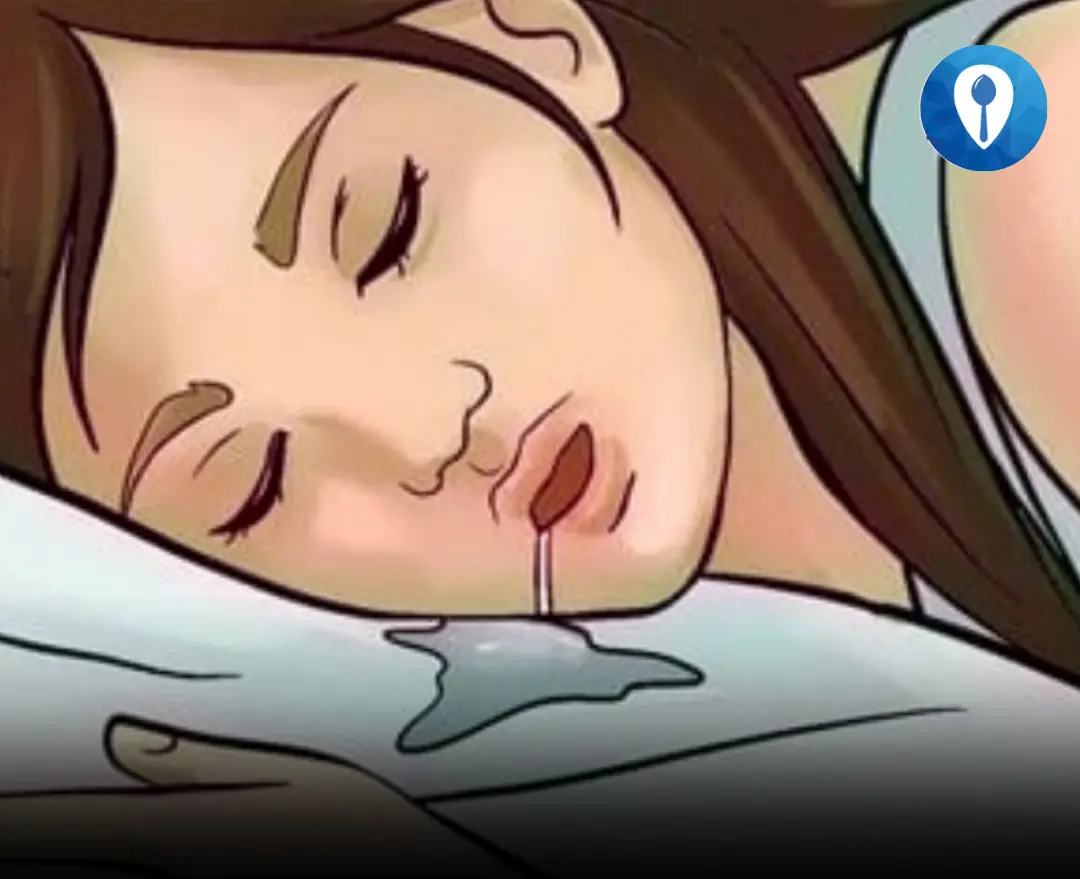

Diabetic neuropathy complications are one of the most common chronic complications of diabetes and also a major cause of diabetic foot disease.
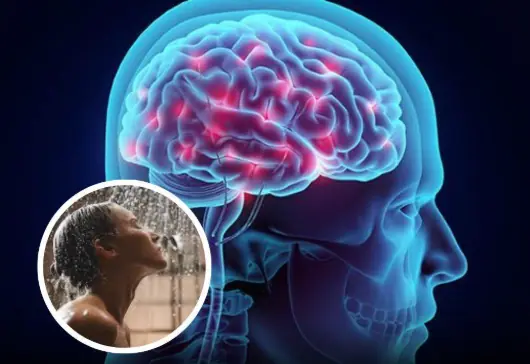
Bathing is a habit that helps clean the body and relax, but we should not always bathe immediately.
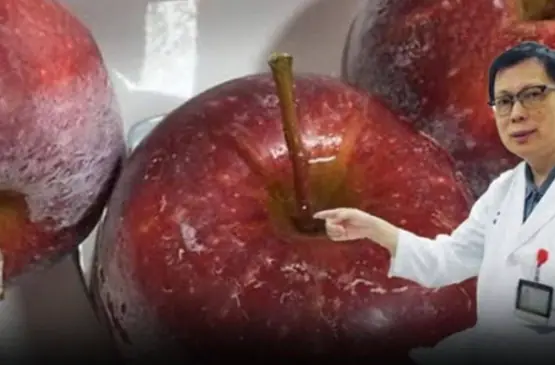
The Myth About Fruits Feeding Cancer Cells: A Critical Look at the Claims

Some unhealthy habits during intimacy may be a hidden cause of cervical cancer in women.
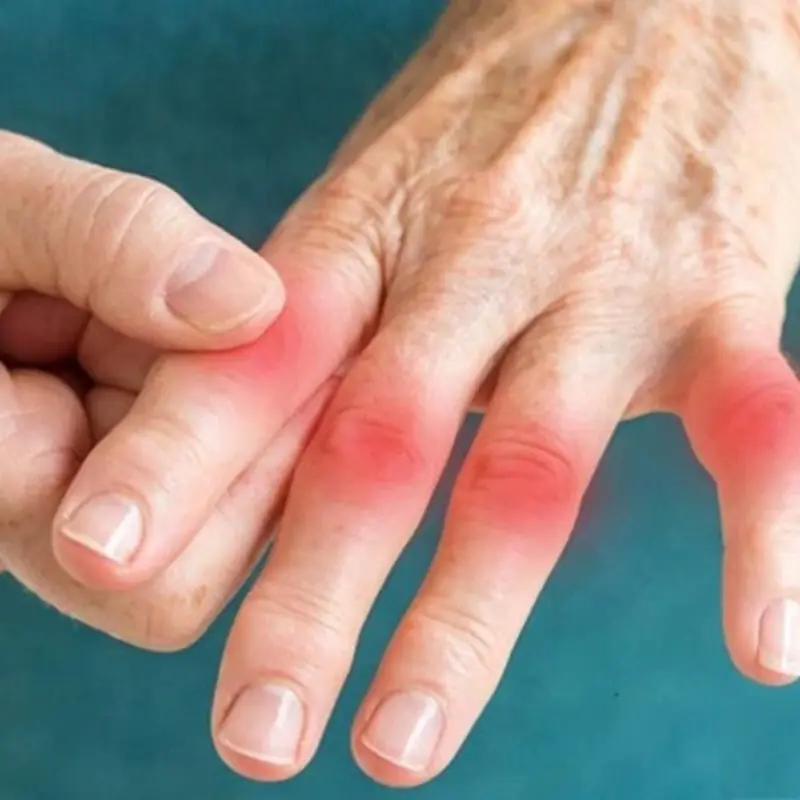
A hidden disease may grow silently — and one habit worsens it.
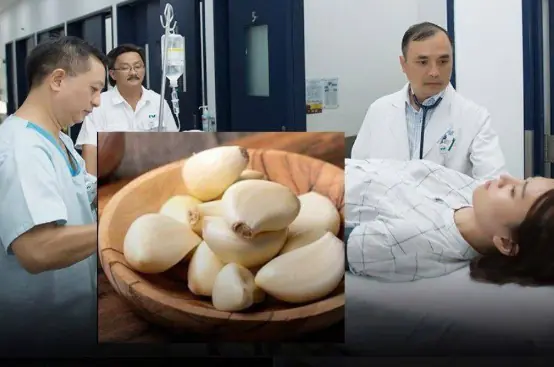
Garlic has long become an indispensable spice in the family kitchen.
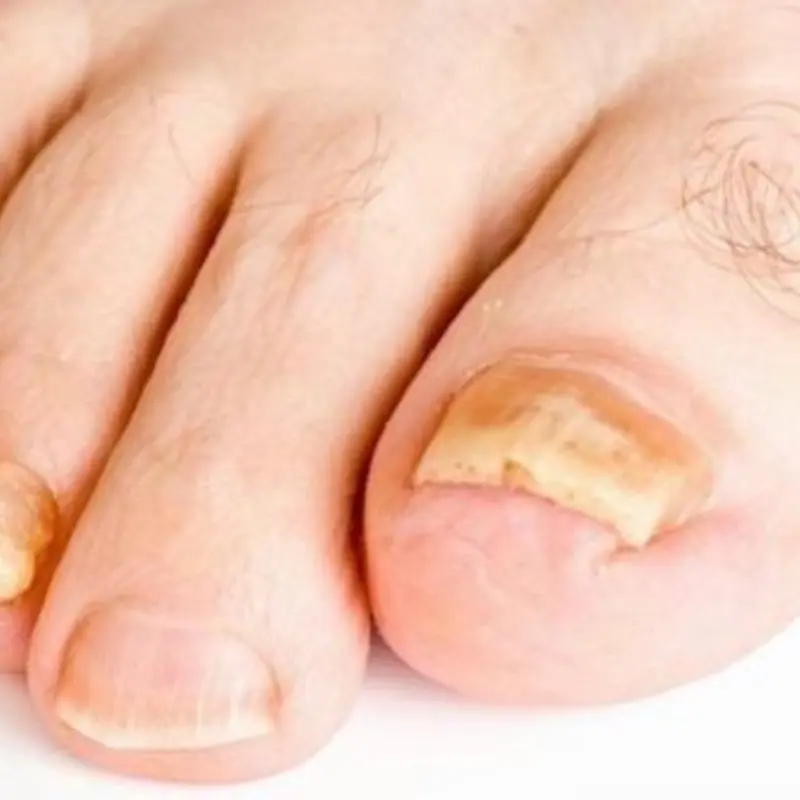
Two small changes in your feet may reveal serious hidden health risks.

Despite having a full night’s rest, many people still get up feeling sleepy and lacking energy.
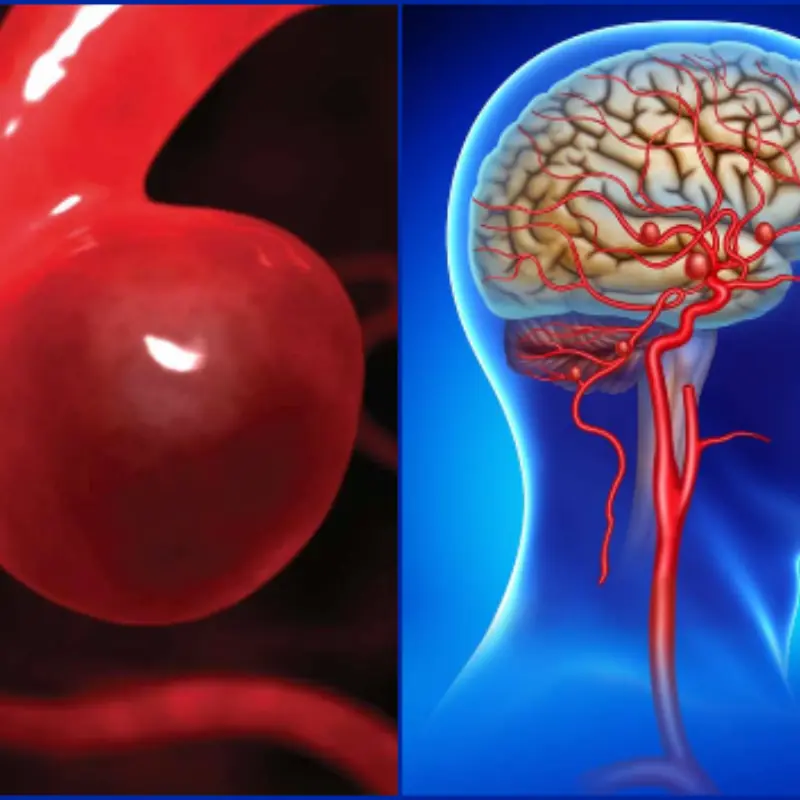
Hidden aneurysm signs can appear suddenly and turn life-threatening.
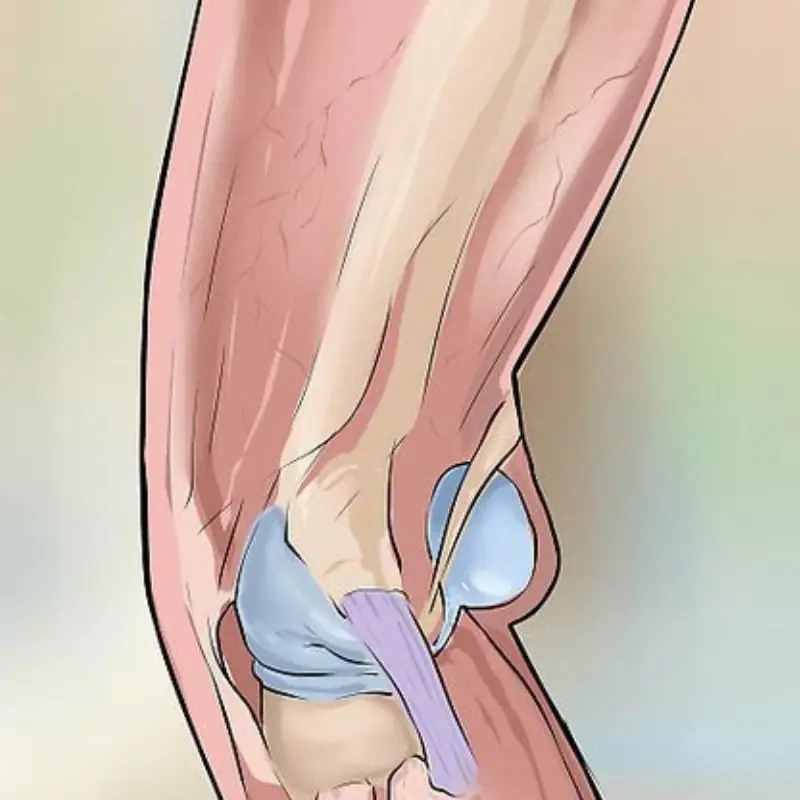
Pain behind the knee may signal hidden health risks—don’t ignore it.
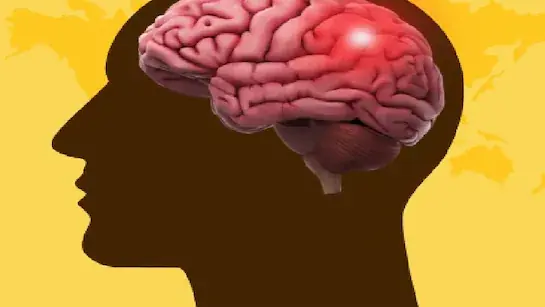
Pay attention to these signs!
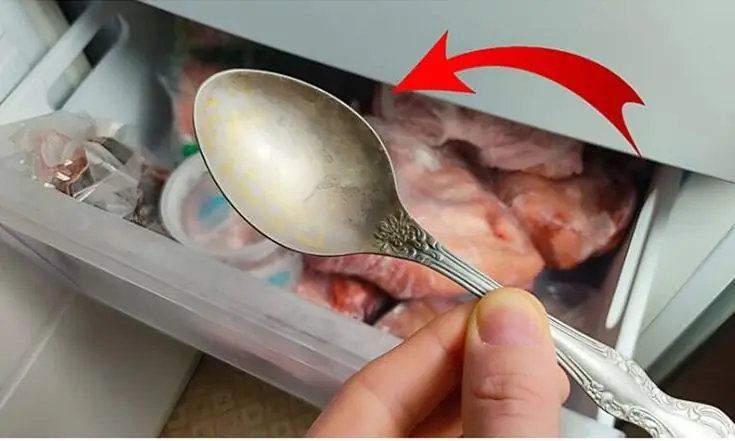
Almost no one knows about it, and it's more useful than you think
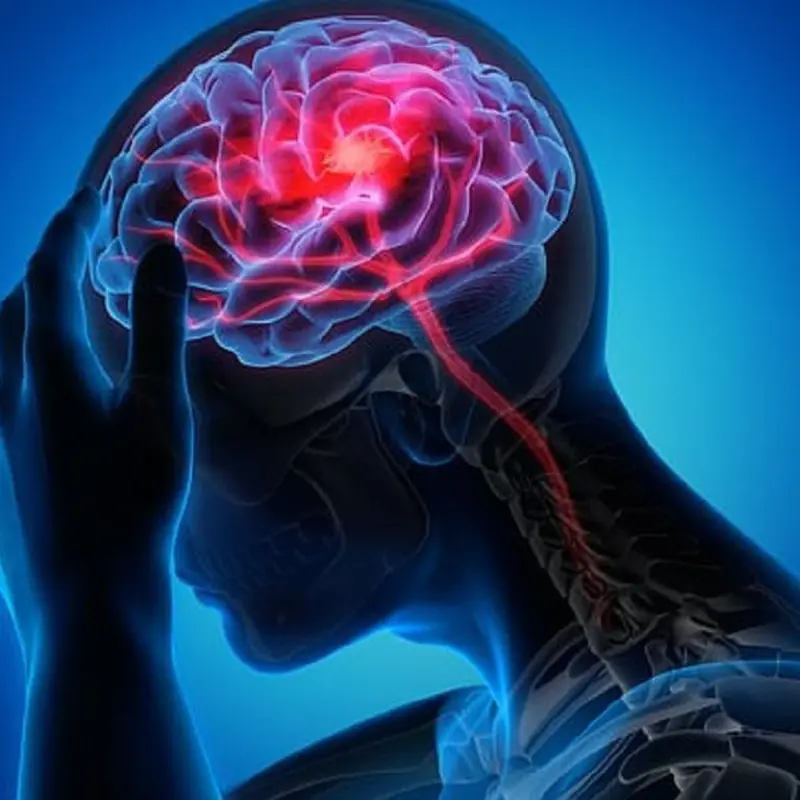
9 subtle warning signs of brain clots that may appear before a stroke

Doctors warn after woman develops sudden kidney failure post-dinner.
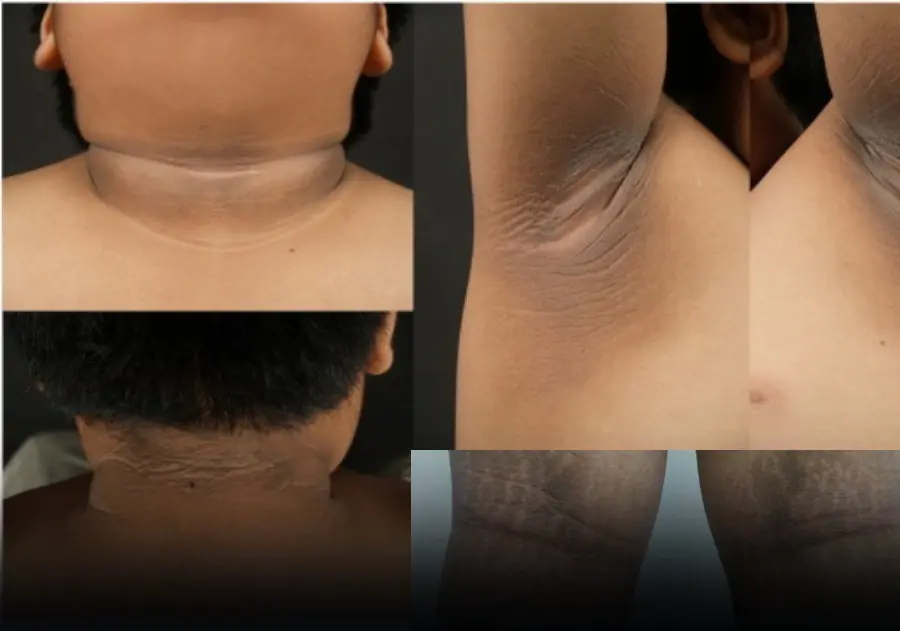
It commonly occurs in healthy people, but in some cases it can be a sign of an underlying disease.
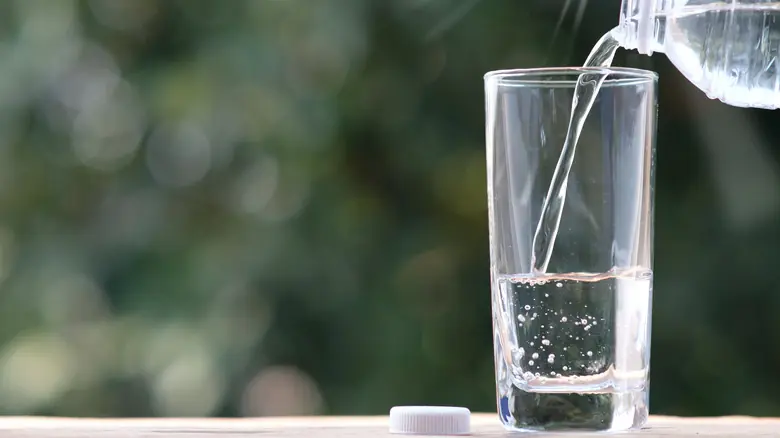
Why You Should Drink Water on an Empty Stomach Immediately After Waking Up

Your eyes can reveal more than you think — even hidden signs of diabetes that often go unnoticed
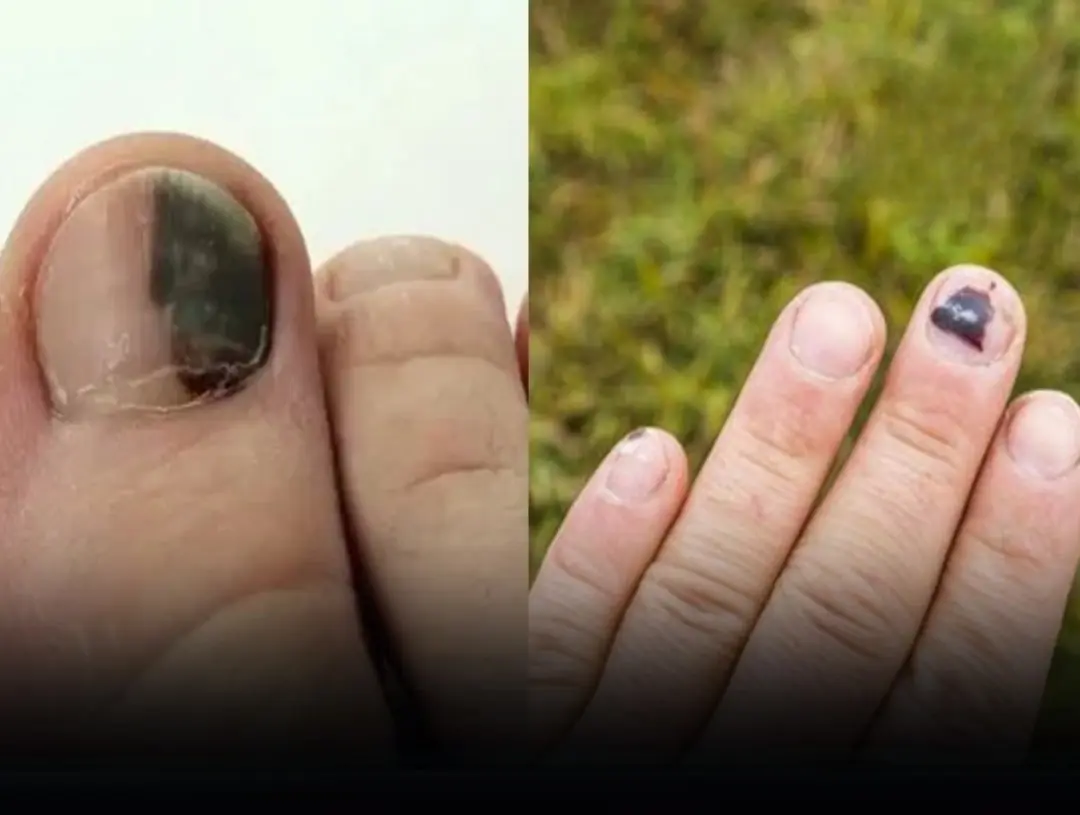
3 Subtle Limb Changes You Should Never Ignore
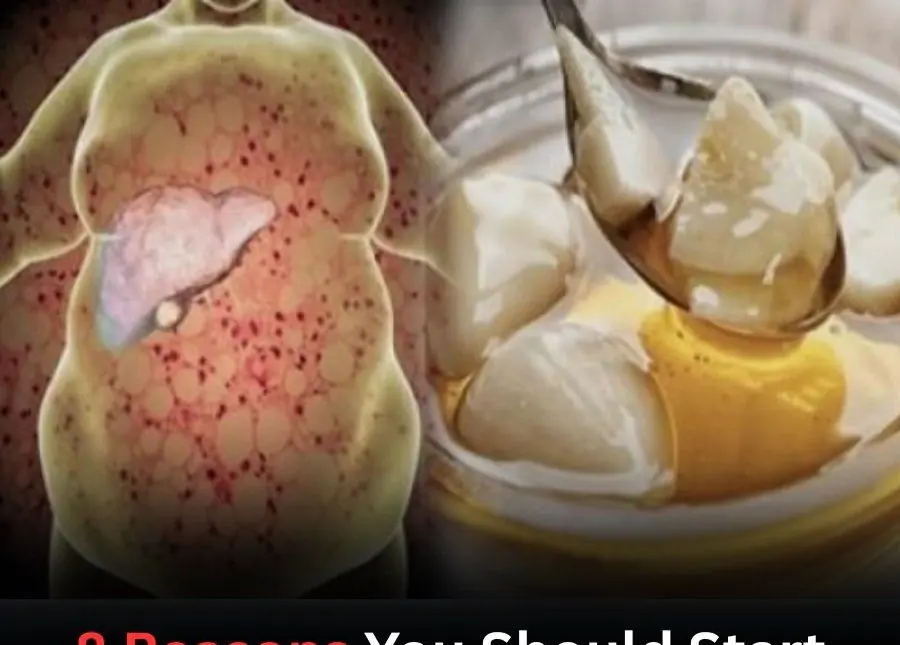
One spoon a day — and these 8 surprising benefits will transform your body

She grew a cluster of fungi in her nose — all because of a habit nearly everyone does daily

Diabetic neuropathy complications are one of the most common chronic complications of diabetes and also a major cause of diabetic foot disease.

Bathing is a habit that helps clean the body and relax, but we should not always bathe immediately.

The Myth About Fruits Feeding Cancer Cells: A Critical Look at the Claims

Some unhealthy habits during intimacy may be a hidden cause of cervical cancer in women.

A hidden disease may grow silently — and one habit worsens it.

Garlic has long become an indispensable spice in the family kitchen.

Two small changes in your feet may reveal serious hidden health risks.

Despite having a full night’s rest, many people still get up feeling sleepy and lacking energy.

Hidden aneurysm signs can appear suddenly and turn life-threatening.

Pain behind the knee may signal hidden health risks—don’t ignore it.

He Ordered in German to Humiliate the Waitress—But She Spoke Seven Languages

My Husband Started Taking Our Dog on Three-Hour “Walks” Every Night—Until I Checked Daisy’s GPS Colla

Pay attention to these signs!

I Let Them Think I Was a Freeloader—Until Thanksgiving Changed Everything

Twelve Julys of “The Islands”—And the Phone Call That Changed Everything

Almost no one knows about it, and it's more useful than you think

A millionaire’s unexpected discovery: how love, truth, and a child’s laughter changed everything

9 subtle warning signs of brain clots that may appear before a stroke

Penthouse Illusions: The Swipe That Ended Their Fantasy

Doctors warn after woman develops sudden kidney failure post-dinner.